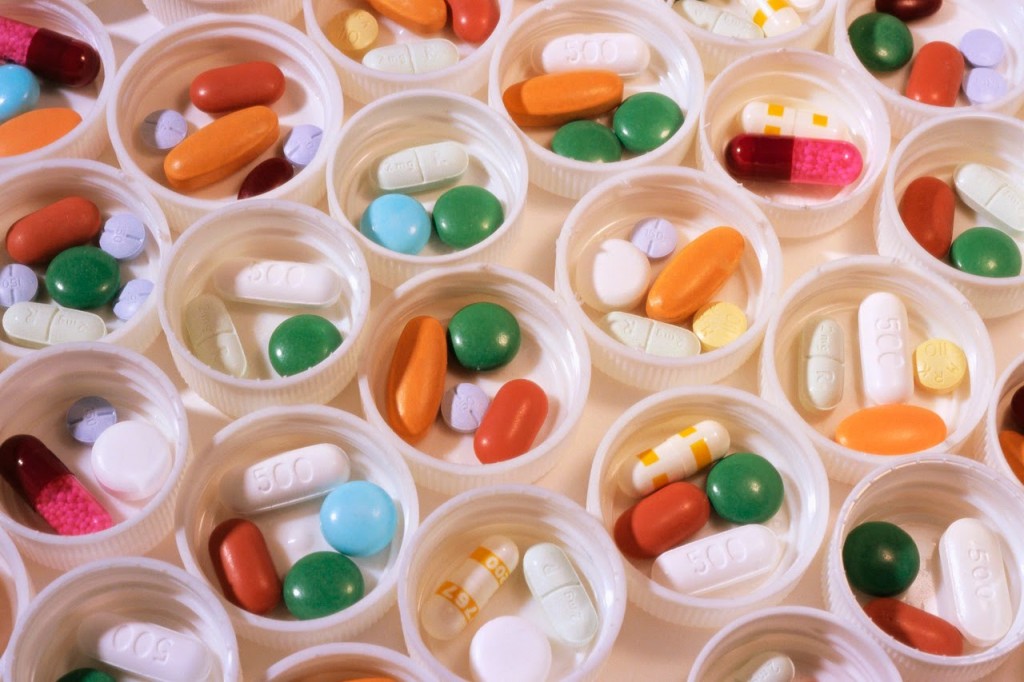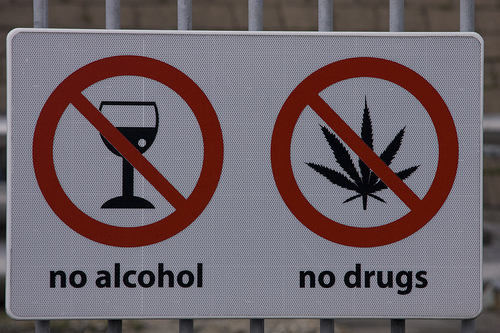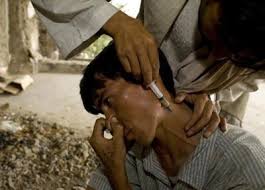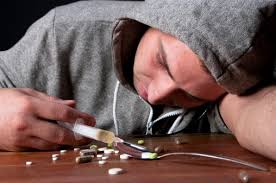Diagnosing Brain Cancer
Diagnosing Brain Cancer: Medical interview with AWAREmed
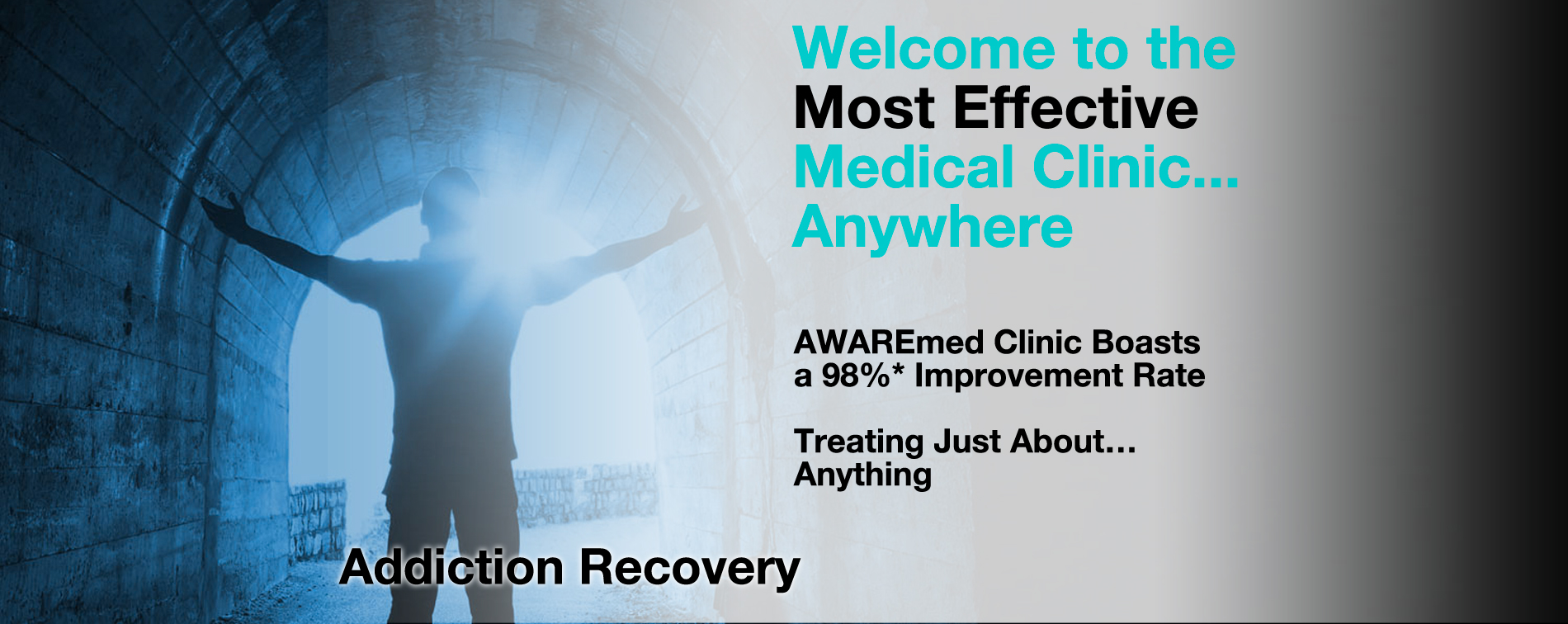
Diagnosing Brain Cancer effectively is the beginning of the right and effective treatment.
At the mention of brain cancer, many will skip a breath for obvious reasons. Cancer is a life threatening disease and one that needs timely remedy. It becomes even complicated when it is brain cancer. And that explains why diagnosing brain cancer in good time is a step in the right direction for all cancer patients. It is important to appreciate that fear is the greatest enemy to finding lasting solutions for brain cancer. And according to the experts at AWAREmed Health and Wellness Resource Center under the able leadership of doctor Dalal Akoury, periodic findings of your medical interview and physical examination are essential as they will in all probability suggest to your health care provider any possibilities that you’re having a problem in the brain or brain stem.
In most cases, your physician will carry out a CT scan test on your brain. Remember that CT scan procedure is relatively similar to tests like an X-ray. The only different is that, its findings is more detailed in three dimensions. As a cancer patient, it will interest you to note that, under normal circumstances, a contrast dye is injected into your bloodstream primarily to highlight any abnormalities on the scan.
Besides the CT scan, we also have a more sophisticated diagnostic procedure known as MRI scan. This (MRI scan) is used in place of a CT scan for suspected brain tumors. MRI has a higher sensitivity for detecting the presence of, or changes within a tumor. Doctor Akoury explains that most patients suffering from brain cancer often has other health problems, and because of this periodic lab tests like blood analysis, electrolytes and liver functions among many other tests becomes necessary. Alongside that, however, for those with mental health problems, blood or urine tests becomes necessary to detect drug use. Where these tests detects a formation of brain tumor, visiting a cancer specialist (an oncologist) must be prioritised. And in this case a specialist in brain tumors, known as a neuro-oncologist becomes your best choice.
Diagnosing Brain Cancer: The Biopsy process
The next step in diagnosis is confirmation that you have a cancer, usually by taking and testing a sample of the tumor. This is called a biopsy:
Surgery is the most common technique used for obtaining a biopsy. It therefore means that, the skull will be opened to remove the whole tumor where possible. A biopsy is then taken from the tumor. In the event that the whole tumor can’t be removed, then a small piece of the tumor is removed. Nonetheless, in certain cases, it is possible to collect a biopsy without opening the skull. The exact location of the tumor in the brain is determined by using a CT or MRI scan. A small hole is made in the skull and a needle guided through the hole to the tumor. The needle collects the biopsy and is removed. This technique is called stereotaxis, or stereotactic biopsy. Finally, the biopsy is examined under a microscope by a pathologist (a doctor who specializes in diagnosing diseases by looking at cells and tissues). Now that you know the process of diagnosing brain cancer, you can do the right thing by scheduling an appointment with AWAREmed Health Center for more professional advice.
Diagnosing Brain Cancer: Medical interview with AWAREmed


